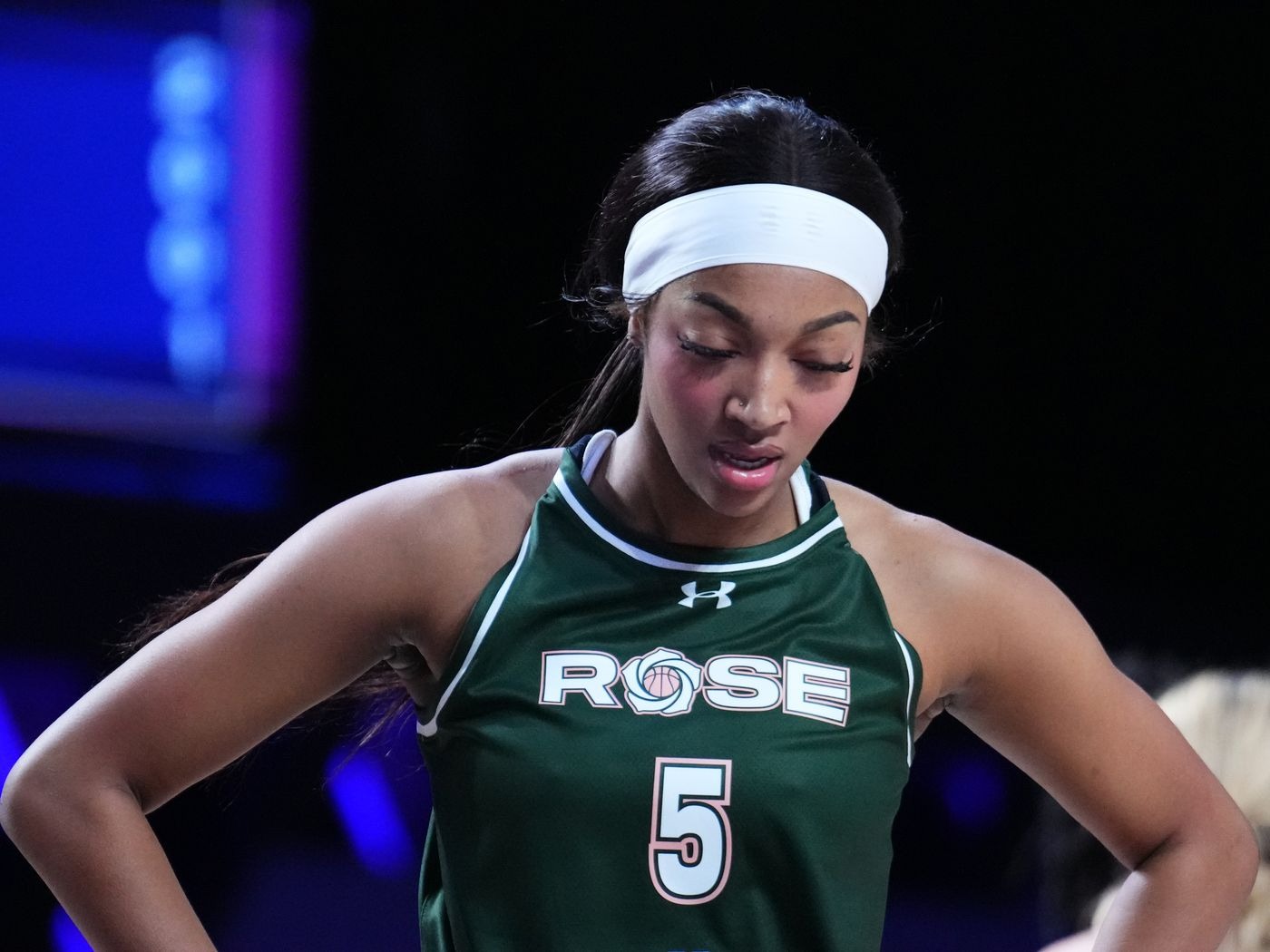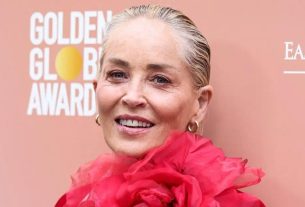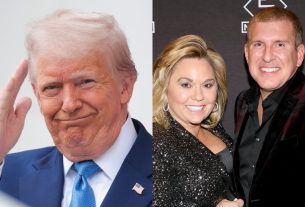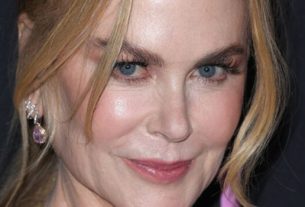Angel Reese, one of the most celebrated college basketball players in recent history and now a rising talent in the WNBA, recently drew national attention following an emotional postgame interview. Her heartfelt reflections touched on mental health, representation, and the challenges of navigating professional sports under intense public scrutiny.
What made the moment especially resonant was Reese’s vulnerability. In a league where strength and resilience are often emphasized, her openness highlighted a different kind of courage—one rooted in honesty and the need for better support structures for athletes, especially women of color.
Diamond DeShields’ WNBA Journey Amid Rising Competition and League Changes
Reese’s Rise to Prominence
Angel Reese rose to fame during her college basketball career at LSU, where she helped secure a national championship in 2023. Known for her dominant rebounding, energy on the court, and unapologetic presence, she brought a unique combination of skill and charisma that drew both admiration and criticism.
In 2024, she was drafted into the WNBA by the Chicago Sky, joining a competitive league filled with veterans and rising stars. Her entry came during a time of heightened media coverage of women’s sports, with players like Caitlin Clark also making waves across the league.

Facing the Pressure of Public Life
During a standard postgame press session, Reese was asked about her experience adjusting to the expectations of the WNBA. While the question was straightforward, her response was deeply personal. She described the emotional toll of constant criticism and the pressure to meet not just performance benchmarks but also cultural expectations of how she should behave, celebrate, and represent herself.
“I’m constantly being judged, nitpicked, and questioned,” she said during the interview. “I’m human. I’m trying to be strong, but this is hard.” Her voice wavered as she spoke, visibly moved by the moment.
Reese went on to say that she sometimes feels unsupported and misunderstood—not just as a rookie player, but as a Black woman navigating a predominantly white media landscape. “There are times I don’t feel respected,” she shared, adding that she hoped for a more inclusive, empathetic environment across the league and its media coverage.
/cdn.vox-cdn.com/uploads/chorus_image/image/73964179/usa_today_25214814.0.jpg)
The Public Response and Mental Health Conversation
Clips from the interview quickly circulated on social media, gaining millions of views. Public reaction was deeply divided. Many fans expressed support and gratitude for Reese’s candor, praising her for speaking up about the challenges athletes face behind the scenes.
“Angel’s honesty is what we need in sports,” one fan commented on X (formerly Twitter). “This isn’t weakness. It’s bravery.”
Others pointed to the broader pattern of pressure faced by outspoken athletes, especially women of color. Sports psychologists have consistently highlighted how racial and gender-based stereotypes can impact athlete well-being, as discussed in NCAA and Mental Health in Athletics and the Athletes for Hope Foundation.
Reese’s moment wasn’t isolated—it resonated because it reflected a wider issue: many athletes continue to face challenges in silence, fearing that vulnerability may be mistaken for weakness.

League and Media Response
As of this writing, the WNBA has not issued a specific statement regarding Reese’s postgame comments. The league has previously promoted mental health initiatives, including WNBA Cares, which emphasizes community impact and player well-being.
Some fans have called for the league to take a more proactive role in supporting players who speak publicly about emotional distress, particularly in moments when online commentary can amplify harm. Critics argue that the silence sends the wrong message to both athletes and fans who are seeking reassurance that these concerns are taken seriously.
Meanwhile, fellow players across teams have shown support in quieter but visible ways. Several WNBA athletes shared supportive messages or reposted clips of the interview with hashtags like #MentalHealthMatters and #WeStandWithAngel.
Intersection of Race, Representation, and Media Coverage
Reese’s experience highlights ongoing conversations about race and media framing in sports. Scholars and journalists have noted that Black women in athletics often face disproportionate scrutiny for their expressions, confidence, and behavior compared to peers.
A 2020 University of Michigan study on race and mental health in athletics concluded that Black female athletes were more likely to experience negative media narratives and were underrepresented in positive coverage outside of their performance metrics.
In a broader cultural context, Reese’s comments reflect long-standing challenges faced by athletes who speak openly about social issues. While sports culture increasingly embraces advocacy, the path remains uneven.
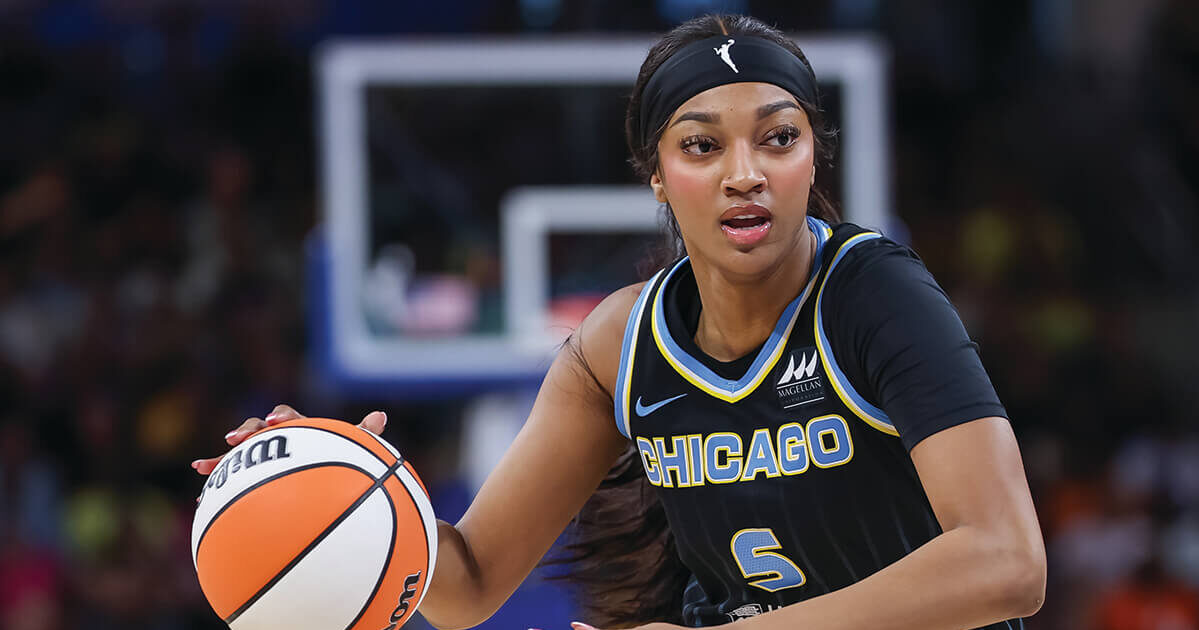
The Role of Teammates and the Broader WNBA Community
Although no direct statements have been made by individual teams or the league, some WNBA players have taken to social media with subtle messages of solidarity. One teammate posted, “We’re with you. Always.” Another, from a different franchise, reposted Reese’s interview with the caption: “This is why we need safe spaces in sports.”
Veteran athletes, like those who have been part of previous advocacy movements in the league, have historically supported calls for mental health awareness and player rights. The WNBA Players Association (WNBPA) has also included emotional health protections in its Collective Bargaining Agreement.
Moving Forward: What Support Looks Like
Angel Reese has since returned to team practices and continues to compete. Her comments have sparked a national conversation not only about athlete mental health but also about how leagues, media, and fans respond to public displays of vulnerability.
Experts in sports psychology recommend that organizations take steps such as:
- Publicly supporting athletes who disclose mental health struggles.
- Providing anonymous mental health resources and in-house counseling.
- Offering cultural competency training for staff and media partners.
- Creating media guidelines that avoid racial or gendered bias in coverage.
The hope is that moments like these become opportunities for progress—not division.
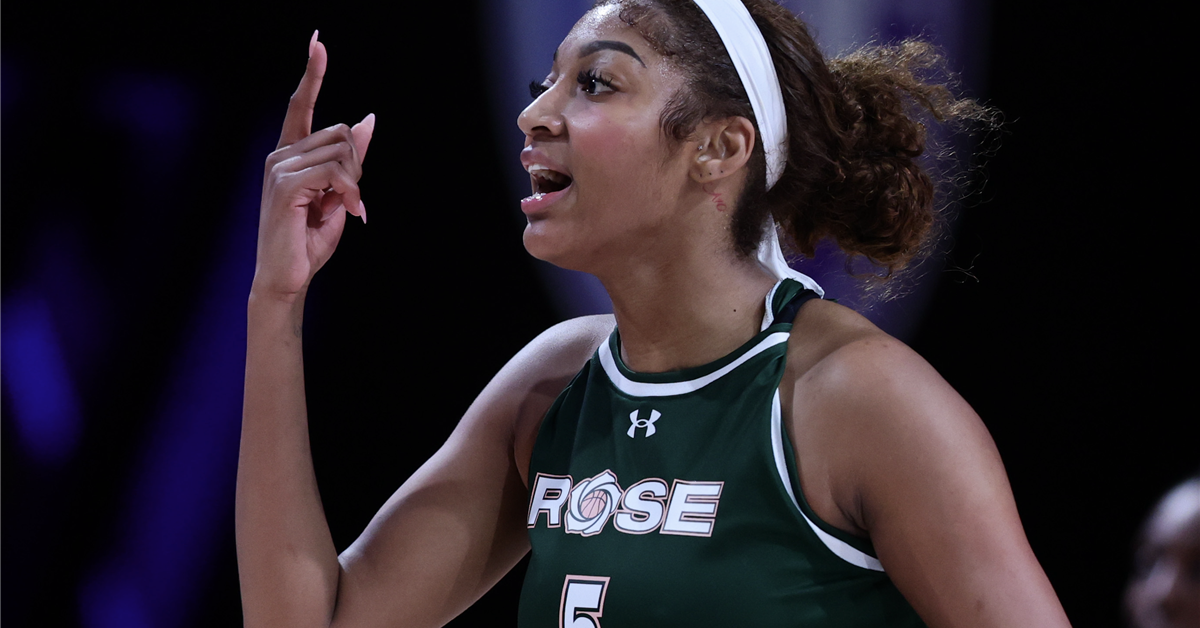
Final Thoughts: A New Chapter for Athlete Advocacy
Angel Reese’s emotional interview may go down as a defining moment in her early career—not for controversy, but for courage. By opening up publicly, she reminded the sports world that athletes are not immune to emotional struggle, nor should they be expected to carry the weight of unrealistic expectations in silence.
Her voice joins a growing movement of athletes—from Naomi Osaka to Simone Biles—who are reshaping how society views strength and vulnerability. Mental health isn’t a side topic in sports—it’s part of the game.
Sources:
- WNBA Cares: Player Health and Community
- NCAA Mental Health Initiatives
- WNBA Collective Bargaining Agreement
- University of Michigan Study on Race and Athlete Mental Health
- Athletes for Hope Mental Health Advocacy
